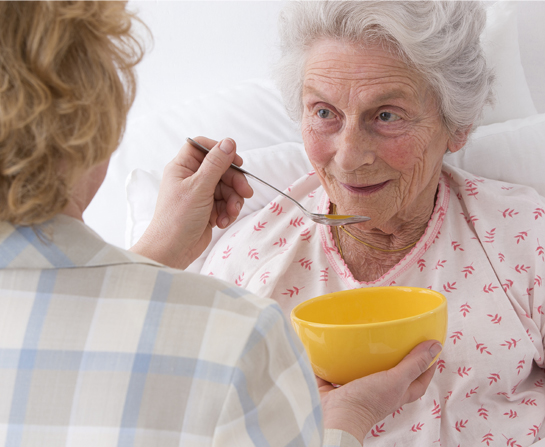THE ART OF CAREGIVING PART 2
May 8, 2022 Return

WORDS LIM TECK CHOON
Many changes will occur as one ages. Your loved ones may experience difficulties adjusting to changes to their health, ability to carry out their daily activities, and more; this perceived loss of control or independence could affect their mental well-being as well.
Here are some ways to help your loved one feel still in control over their life and maintain a positive state of mind.
- Let loved ones remain involved in making decisions that affect their lives, as long as they are mentally capable of doing so.
- Encourage your loved one to continue socializing through visits, telephone calls, WhatsApp, or social media.
- Arrange fun times such as parties or outings. Help your loved one start new hobbies or revive old ones.
- Always communicate with your loved one, don’t leave them out of interactions with the rest of the family. At the same time, offer privacy when they need it.
While symptoms of depression and dementia may vary from person to person, watch out for common signs.
If you notice signs of either dementia or depression in your
loved one, consider bringing them to a psychiatrist for further evaluation.
COMMON POSSIBLE SYMPTOMS | |
Depression | Dementia |
|
|
If you worry that your loved one may be suicidal, consider the following.
- Don’t be afraid to directly ask whether your loved one is thinking about suicide.
- Always be loving and supportive. Listen as your loved one express their feelings and concerns.
- You can quietly take active steps to protect your loved one, such as keeping possible suicide weapons and dangerous medications out of reach.
- Enlist the help of a counselor, psychiatrist, and/or spiritual or religious leader to offer emotional support to your loved one. You can also seek assistance from trusted family members or friends that are close to your loved one.
